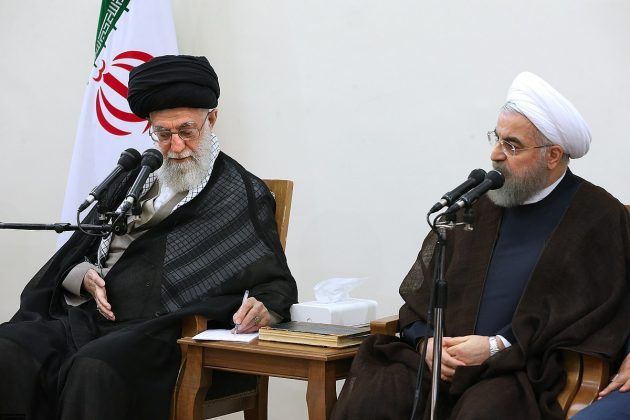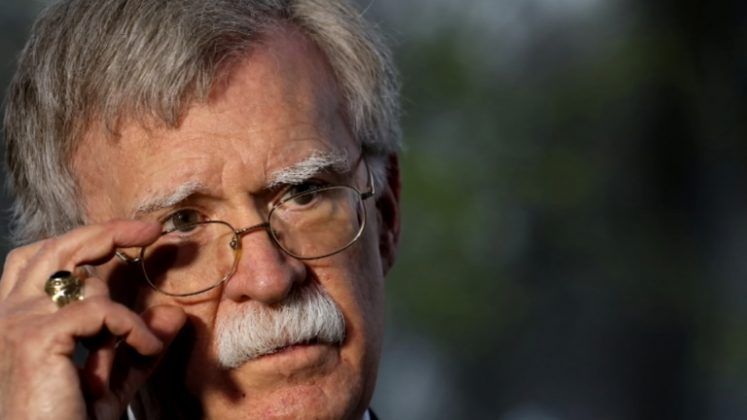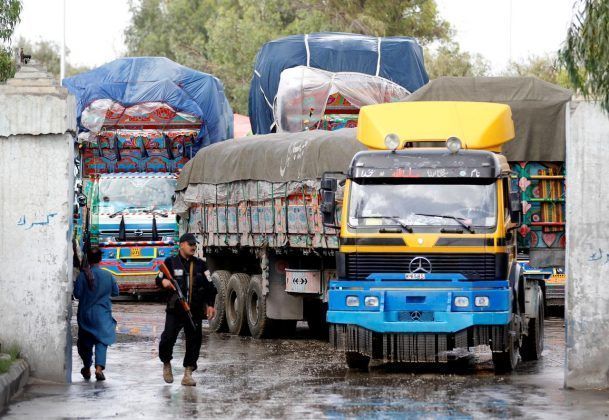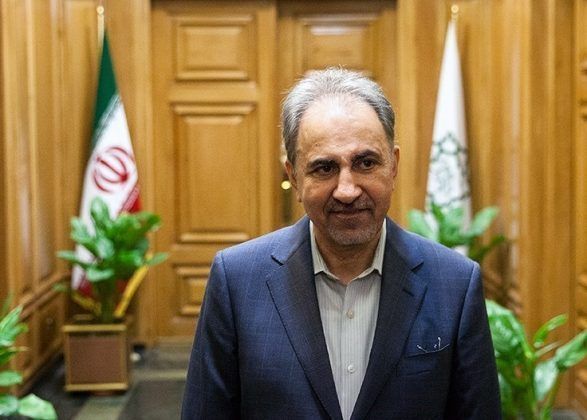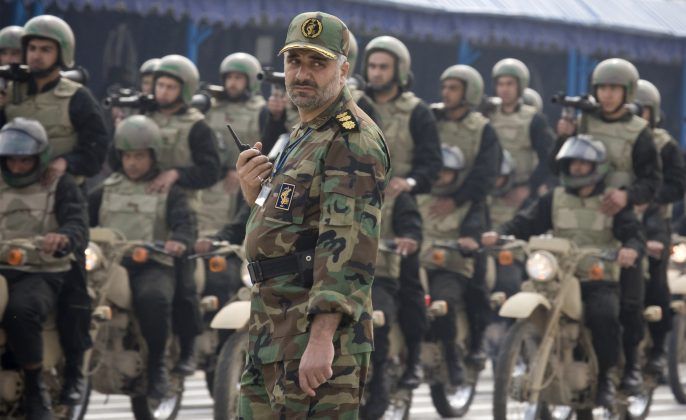MAY 31 – Iranian President Hassan Rouhani signaled that Iran would be willing to negotiate with the U.S. if the current sanctions on the country are lifted. Iran’s Supreme Leader Ayatollah Ali Khamenei announced on his website that Iran would not negotiate over the Islamic revolution’s core principles which the country espouses, or Iran’s armed forces.
Meanwhile sanctions placed ever more pressure on Iran’s economy. Iran’s crude oil exports fell to around 400,000 barrels per day (bpd) in May according to the latest tanker data. Sanctions imposed by the U.S. on Iran’s oil production have seen the country’s crude shipments drop from at least 2.5 million bpd since last April.
Evidence suggesting that Iran was behind the damage done to tankers near the Strait of Hormuz and attacks on Saudi oil pipelines is to be shown to the UN Security Council, John Bolton the U.S. national security advisor said on Thursday. The U.S. Secretary of State Mike Pompeo told reporters on Friday that he had seen the report containing evidence of Iran’s involvement and that Iran had launched the attacks to raise the global price of oil.
- The U.S and Iran welcomed Japan’s offer to act as a go-between for the two countries which are embroiled in an escalating feud over Iran’s conduct, the 2015 nuclear deal and hefty economic sanctions impacting Iran’s economy. Japanese Prime Minister Shinzo Abe suggested traveling to Iran to help ease tensions between Iran and the U.S. A date for the visit has not been set though Iranian officials are believed to be working towards fixing a date with Prime Minister Abe. Japan has not been confirmed as an official mediator for the two countries. Several countries, all with vested interests in the outcome of the negotiations have offered their assistance.
→ Link to source
- The Islamic Revolutionary Guards Corps has undergone a significant reshuffle, the semi-official Fars news agency reported. The new appointees are alleged to have commanded the IRGC assault units responsible for crushing the pro-democracy Green Movement and injuring protesters who challenged President Mahmoud Ahmadinejad’s election in 2009. Iranian social media users took to Twitter to discuss the reshuffle, with some posters questioning the legitimacy of the appointments.
→Link to source
- A former mayor of Tehran confessed to killing his wife. Mohammad Ali Najafi, 67, turned himself in to officials after shooting his second wife, Mitra Ostad, 35, who was found dead in her home. Mr Najafi said the death was an accident and had only meant to threaten her with the gun when the weapon went off in his hand. A video showing Iranian investigators drinking tea and cordially chatting with Mr. Najafi sparked controversy among ordinary Iranians on social media who highlighted a contrast in how Iranian citizens are treated by security forces over lesser offenses.
→Link to source
- Afghanistan stopped importing petroleum products from Iran after the U.S. ended waivers for oil imports as part of its drive to bring Iran’s oil exports to zero. The U.S issued waivers in November for China, India and six other countries to continue importing limited amounts of oil from Iran. Those waivers expired in early May with the U.S. allowing countries which had not yet hit the set limits on imports to continue trade without the risk of sanctions until they reach the cap.
→ Link to source

